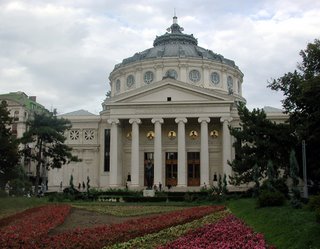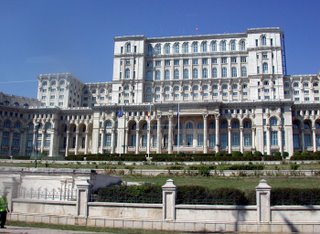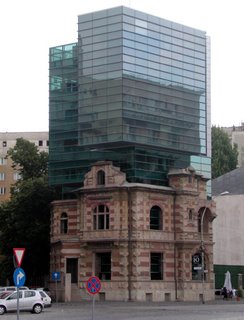
This is a small acrylic painting. 8" x 10" of a house in Key West with a wall made out of bottles and poured cement as it looked in 1983.
A guy with a creative mind and an active imagination shares his world. You are welcome to post comments on any of the posts. Please be respectful of other readers, though. Thank you.
Those are the basics, but there's quite a bit more: you can donate points to charity, for example. You'll find FAQs and Reader Forums on the site, plus full directions.
It's free to join. BookMooch is the brainchild of a Berkeley fellow who felt that books shouldn't just sit around - they should be shared. I've cleared up quite a bit of bookshelf space -- I had no room for anything current. Now I've got lots of points to use on books I want!
Link is also listed on the blog's sidebar. Enjoy!

The next photo shows the painting a couple of sessions later. As of today, I'm done a bit more work on it. I've used almost $50 in pthalo blue pastel sticks for the water area alone!




There was only 1 and 1/2 hours of television each day. One hour of fabricated positive news about the government, and 1/2 hour of soldiers, workers, and women dressed up in folk costume pretending to sing, while songs praising Ceaucescue were dubbed over. People stood in long queues for hours, or maybe a whole day, just to buy a loaf of bread.
No contact with outsiders was allowed -- it could mean a 10 year prison sentence (a common punishment, meted out without a trial). You were expected to inform on your neighbors, co-workers, or even family & friends if they engaged in any suspicious or unapproved activities -- of which there were many.
Ceaucescue wanted to develop heavy industry, while Romania historically has been agricultural with some light industry. To create a large workforce, he banned all contraceptives and made abortions illegal. Large families were mandatory and enforced by heavy fines otherwise. The result: children orphaned by poor parents, living in the subway, and sniffing glue. (Take note: anti-abortionists). Women resorted to back alley abortions, and when botched, were forced to bleed to death in pain because doctors would face a severe prison sentence for treating them.
Despite all that suffering and strife, the Romanian people have demonstrated their perseverence and resilience. I was impressed by their will to survive.
Is there a lesson to be learned from their recent history? What happens when a government abandons its people for greed, and egotistical self-righteousness? Romanians can answer those questions for us with stories of their recent past,
Below: a building once notorious for police interrogations, now with a new look


A trip to Romania can teach you a lot about life. As you pass through the countryside, you see small cottages that have wonderful handcarved wooden arched gates that are a distintive welcoming entryway. Big deal, right? Well, those gates speak of the love of the home, and hospitality to visitors. They aren't mass-produced in vinyl and purchased from the same Home Depot found in every town. There are no Home Depots. The gates were individually made by hand, and reflect the owner and his/her favorite images. There's a big difference in the way life happens in Romania: it's genuine, savors time, and yet is about humble, simple beauty.
Almost all of the houses had well-tended gardens with ripe red tomatoes, cucumbers, a patch of corn, huge colorful dahias, roses, and herbs. I often saw a horse in the yard, and maybe a cow or some sheep, a couple of pigs, and some chickens.
Yes, I saw television antennas and an occasional satellite dish, but more frequently I saw folks sitting on benches in front of their houses, visiting with neighbors and watching the world pass by. They weren't fixated by computers, cell phones, or televisions.
I thought technology was supposed to make our lives simple. I think we've been sold an image of the future that isn't less complicated, easier, or better. It's just faster - so fast that we often forget what the great things in life are, I have friends who'll walk past amazing flowers without seeing them, and who haven't touched growing vegetation with their hands in a very, very long time.
Romania made me think about the way my Polish grandmother lived. I was impressed by her full involvement with her work and her life. She was a genuine, loving soul. That's what I observed with the Romanians I watched, too. There wasn't the crazy chase we are in, trying to attain instant gratification, only to pass on to the next object of desire.
That was the foremost lesson Romania made me think about. 
More about the trip and more photos in the next post.
Photo: Old section of Bucharest
